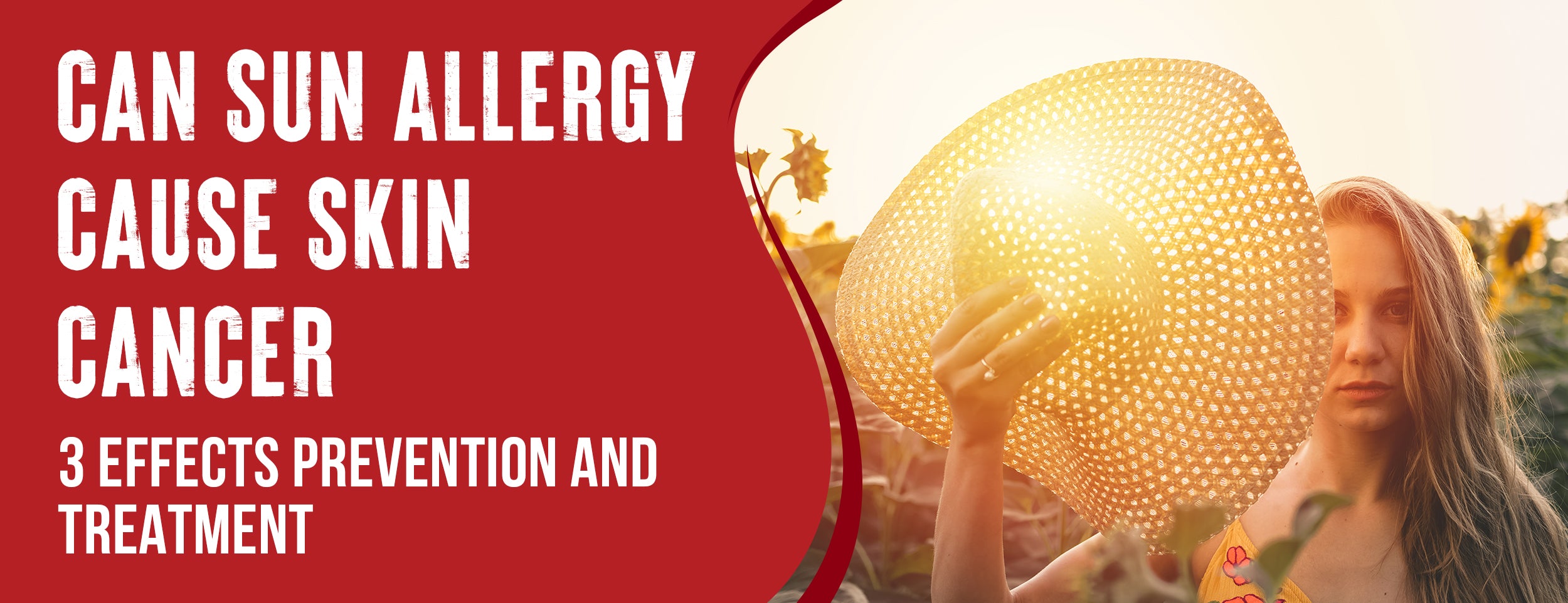A nose irritation caused by glasses, known as contact dermatitis (CD), can occur due to allergens in eyeglass frames, such as metals, plastics, or dyes.
Yes, nose pads that are too tight or glasses that are not appropriately adjusted can cause skin irritation. It may be more common in people with sensitive skin or allergies. Pressure from the nose pads can cause skin irritation, redness, and blisters.
In this blog post, we'll explore the symptoms of skin irritation caused by glasses, the factors contributing to it, and, most importantly, how to prevent and treat it.
Skin Irritation on Nose From Glasses: 9 Symptoms

If you wear glasses and have been experiencing discomfort in your nose, you might be dealing with skin irritation. We'll discuss the common symptoms of skin irritation from glasses.
Itchiness
A common symptom of skin irritation is itching. Here's what you should know:
- Itching can occur due to friction or an allergic reaction to the glass's material.
- Scratching can worsen the irritation, so try to resist the urge.
Soreness
Soreness is another symptom to look out for. Here's why:
- Constant pressure from the glasses can make the skin on your nose feel sore.
- If your mirrors are causing discomfort, it might be time to adjust their fit.
Redness
Redness is a clear sign of skin irritation. Here's what to remember:
- The skin on your nose may turn red from friction or an allergic reaction.
- Redness could indicate a more severe issue, like an infection if it persists.
Marks on the Skin
Indentations on the skin can occur due to the constant pressure of glasses. Here's why:
- If your glasses are too tight, they can leave marks on your skin.
- These marks should fade after removing your glasses. If they don't, you might need to adjust your frames.

Blisters on the Skin
Inflammation of the skin can result in blisters. Here's what you need to know:
- Friction from poorly fitting glasses can cause blisters over time.
- If you notice blisters, addressing the issue quickly is crucial to prevent further damage.
Bumps or Cysts Under The Skin
Bumpy or cystic skin could indicate a bacterial infection. Here's what to consider:
- Bacteria can accumulate on your glasses and cause an infection.
- If you notice any unusual bumps, it's best to consult with a healthcare professional.
New Blackheads or Whiteheads
New blackheads or whiteheads can also be a sign of skin irritation from glasses. Here's why:
- The build-up of dirt and oil on your glasses can clog your pores, leading to these skin issues.
- Regularly cleaning your glasses can help prevent this problem.
Discoloration
The discoloration is another symptom to watch out for. Here's what to remember:
- Constant friction and pressure can lead to darkening skin on your nose.
- If you notice any changes in your skin color, adjust your glasses or consider other options.
Light Sensitivity
Lastly, light sensitivity can occur due to skin irritation from glasses. Here's why:
- Irritated skin can become more sensitive to light, causing discomfort.
- If you experience this symptom, protecting your skin from excessive light exposure is essential.
Causes of Skin Irritation from Glasses

A nose rash caused by glasses can be uncomfortable and affect how you feel about wearing them. We will explore the common causes of this skin irritation. By understanding these causes, you can take preventative measures and minimize discomfort.
Friction
One main reason for skin irritation from glasses is friction. You should know these things:
- When your glasses constantly rub against your skin, it can lead to discomfort.
- This friction can cause redness, soreness, and even blisters over time.
- Ensuring your glasses fit well can reduce this friction and the resulting irritation.
Dirt and Oil
Dirt and oil are another major cause of skin irritation. Here are some key points:
- The dirt and oil build-up on your glasses can irritate your pores.
- This can also result in blackheads or whiteheads, as mentioned earlier.
- Keep your drinks clean to prevent oil and dirt buildup.
Bacterial Infection
Lastly, bacterial infection can also cause skin irritation on the nose. Here's why:
- Bacteria can accumulate on the nose pads of your glasses, leading to an infection.
- This can cause bumps, cysts beneath the skin, and other symptoms.
- Cleaning your glasses regularly and avoiding sharing them can help prevent bacterial infections.
Skin Irritation From Glasses: Risk Factors

Glasses-induced skin irritation can be a nuisance, but did you know you are more likely to experience this problem? We'll delve into these risk factors. By recognizing them, you can take appropriate measures to minimize risk and keep your skin healthy.
Sensitive Skin
If you have sensitive skin, you're more likely to experience skin irritation from glasses. Here's what you need to know:
- People with sensitive skin may react more strongly to the pressure and friction from glasses.
- Redness, soreness, and itchiness are common symptoms in such cases.
- Using skin-soothing products can help manage this sensitivity.
Allergies
Allergies can also increase your risk of skin irritation from glasses. Here are some essential points:
- Some people are allergic to the materials used in glasses, such as certain metals or plastics.
- This can lead to various symptoms, including redness, blisters, and raised bumps.
- If you suspect an allergy, consider getting hypoallergenic glasses.

Long-term Wear of Glasses
People who wear glasses for long periods are at a higher risk of skin irritation. Here's why:
- The constant pressure and friction over time can lead to various symptoms.
- Regular breaks and ensuring a good fit can help reduce this risk.
Poor Hygiene
Lastly, poor hygiene increases the risk of skin irritation. Here's what you should know:
- Not cleaning your glasses regularly can lead to a build-up of dirt, oil, and bacteria.
- This can clog your pores and cause an array of skin issues.
- A simple habit of cleaning your glasses daily can go a long way in preventing skin irritation.
Prevent and Manage Glasses-Induced Nose Irritation
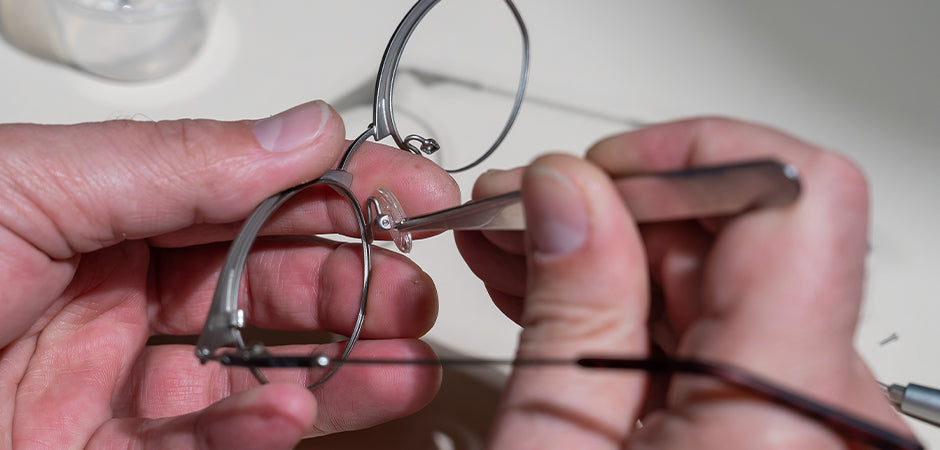
Skin irritation from glasses can be a real bother, but there are ways to avoid it and deal with it if it happens. We will look at some valuable methods to prevent and treat skin irritation from glasses on your nose.
The Importance of Properly Fitting Frames
Choosing the right frames can make a huge difference in preventing skin irritation. Here's why:
- Frames that fit well cause less pressure and friction on your nose.
- Ill-fitting frames can lead to discomfort, redness, and other symptoms.
- Always ensure your glasses fit well when you purchase them.
Hypoallergenic Nose Pads
Using hypoallergenic nose pads can help reduce skin irritation. Here's what you should know:
- These nose pads are made of materials that are less likely to trigger allergic reactions.
- Symptoms like redness and itchiness can be reduced with hypoallergenic materials.
- Ask for these types of nose pads when buying glasses.
Regular Cleaning of Glasses
Cleaning your glasses regularly is crucial to prevent skin irritation. Here's why:
- The bacteria, dirt, and oil accumulate on glasses and irritate your skin.
- Aim to clean your glasses daily with a suitable cleaner and a microfiber cloth.
- This simple routine can keep your skin clear and healthy.

Topical Ointments or Creams
If you're already experiencing skin irritation, topical ointments or creams can help. Here's what to remember:
- These products can soothe your skin and relieve symptoms like redness and itchiness.
- For severe symptoms, you might need prescription ointments.
- Take the medication as directed by your doctor.
When to Contact a Dermatologist
If your skin irritation doesn't improve despite your efforts, it's time to contact a dermatologist. Here's why:
- Dermatologists can diagnose the cause of skin irritation and recommend appropriate treatments.
- They can provide treatments like medicated creams or antibiotics for infections.
- Regular visits to a dermatologist can help monitor your condition and adjust treatment as needed.
Conclusion
Wearing glasses can irritate the nose, manifesting in symptoms like itchiness, soreness, redness, indentations, blisters, bumps, blackheads, whiteheads, discoloration, and light sensitivity. The culprit? A combination of friction, dirt, oil, bacterial infection, sensitive skin, allergies, long-term wear of glasses, and poor hygiene.
But don't worry, there's light at the end of the tunnel. Skin irritation can be significantly reduced by ensuring your frames fit properly, opting for hypoallergenic nose pads, regularly cleaning your glasses, and using topical ointments or creams for relief. If symptoms persist, seeking medical attention from a dermatologist is crucial.
Remember, while glasses are often necessary, they shouldn't be a source of discomfort or distress. Your daily life doesn't have to be impacted by skin irritation. You can enjoy clear vision and healthy, happy skin with a little care and attention.

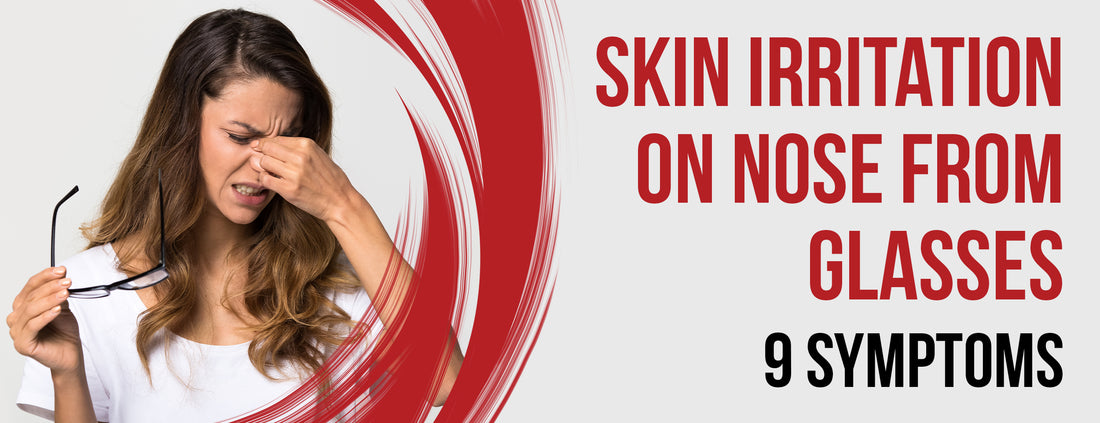

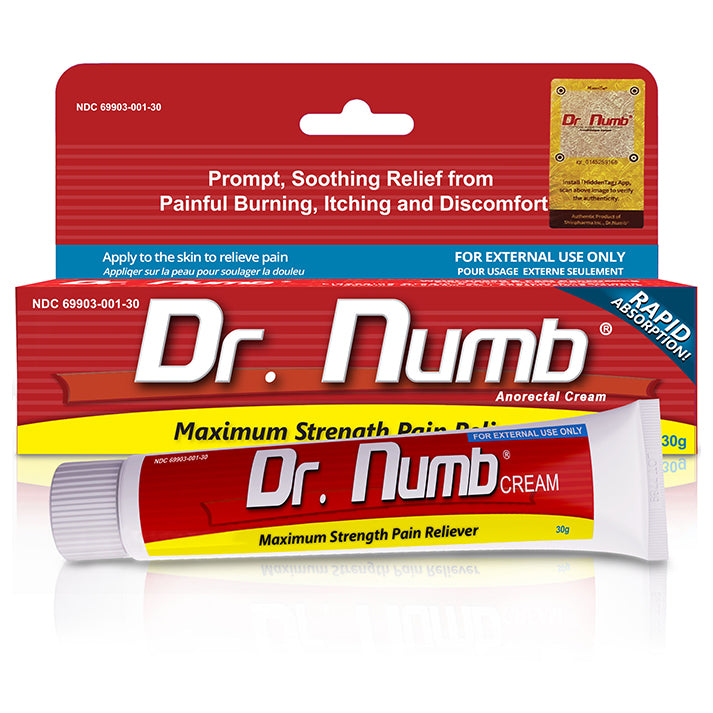


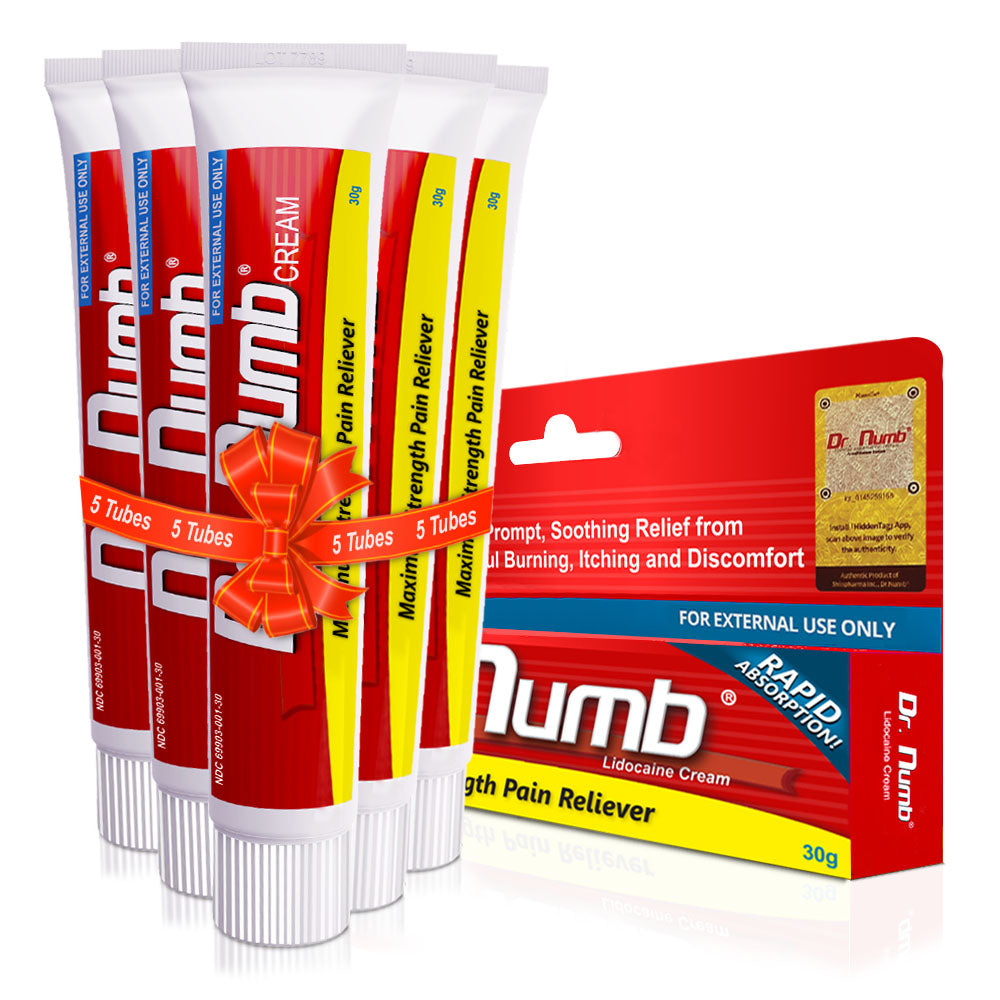


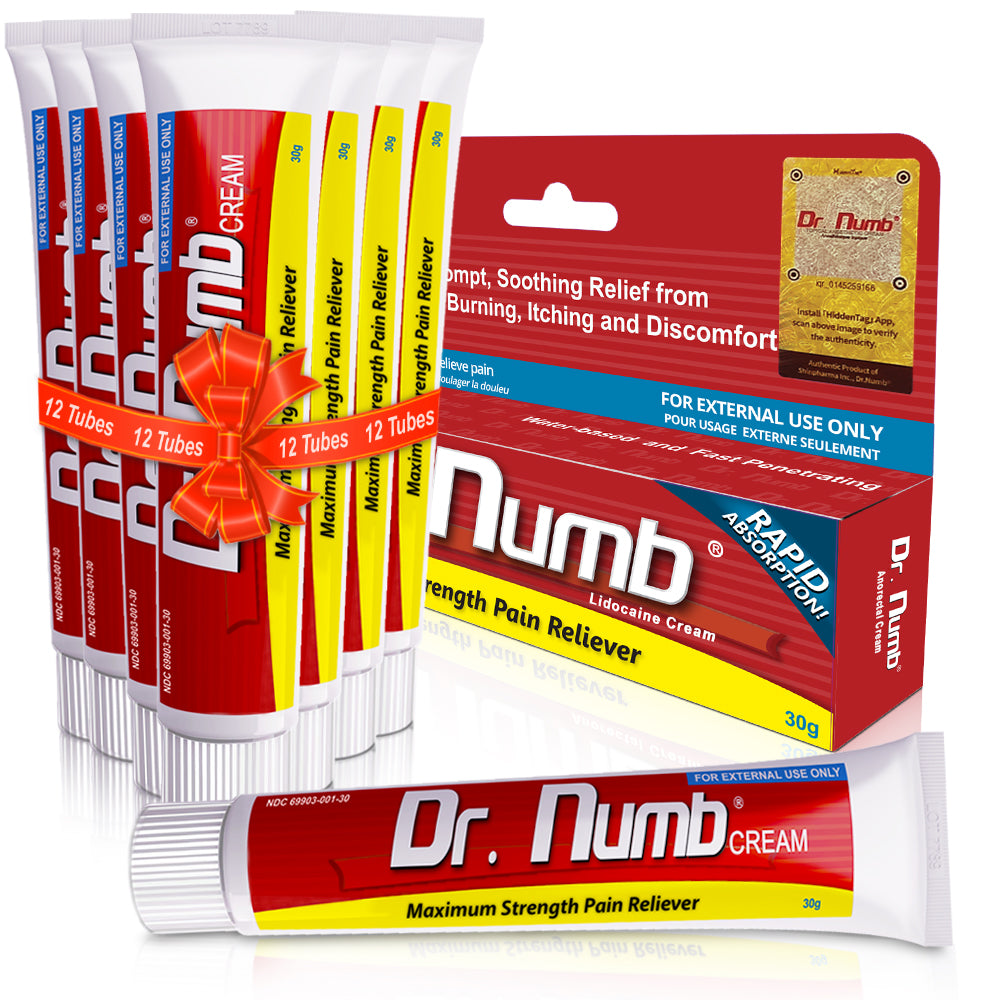





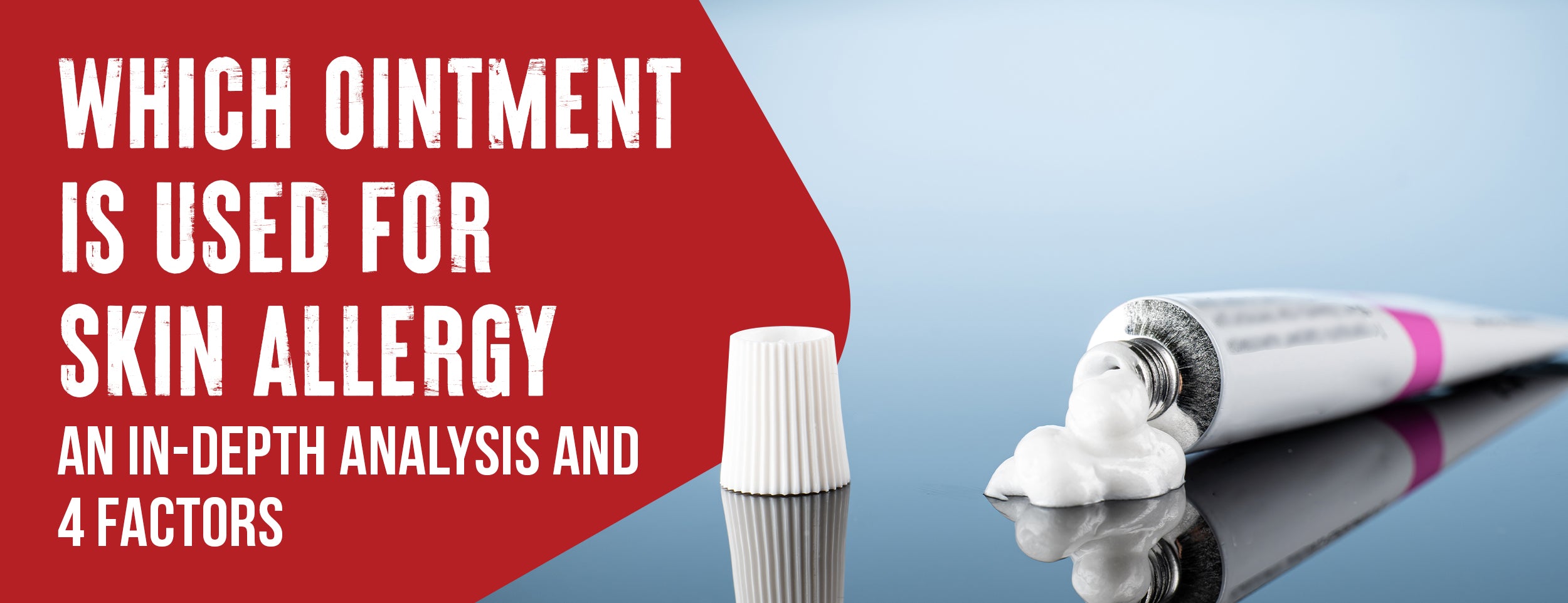
![The Most Common Food Allergies That Cause Itchy Skin [6 Common Symptoms]](http://drnumb.com/cdn/shop/articles/Can_Food_Allergies_Cause_Itchy_Skin__17_Listed_6_Symptoms_Common.jpg?v=1714999986)
